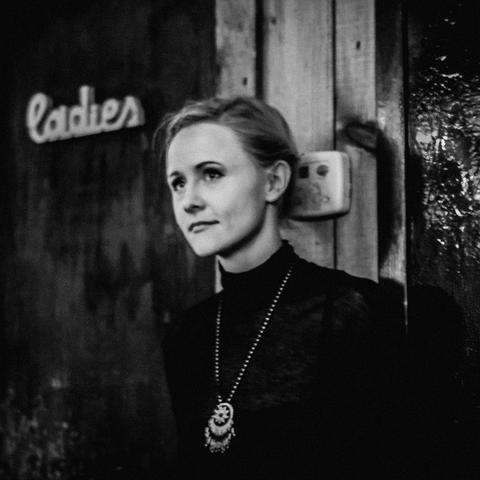Section Branding
Header Content
Do Businesses Show Their True Colors During LGBTQ Pride Month?
Primary Content
Celebrations continue across the country as the LGBTQ community celebrates Pride Month.
President Bill Clinton declared June as “Gay & Lesbian Pride Month” in 2000. The designation commemorated the Stonewall Riots in Lower Manhattan in June of 1969. Nine years later, President Barack Obama included bisexual and transgender people — the “B” and “T” of LGBT.
Nowadays, rainbow flags are in front yards, tourism posters, along with sponsorship banners and ad campaigns. With brands like Campbell’s Soup, Apple, and Taylor Swift feeling comfortable aligning themselves with Pride, On Second Thought sat down with Georgian members of the LGBTQ community for a conversation about the history of Pride and how corporate commodification has changed the event over time.
Taylor Alxndr is a performance artist, musician and drag performer. She is also the creator of Southern Fried Queer Pride and House of Alxndr.
Cortez Wright has been an activist and community organizer for the LGBTQ community for 12 years.
Patrick Klibanoff is from Atlanta originally, and now leads the “Pride at Uber” employee resource group for the rideshare company’s New York City office.
Alxndr, Klibanoff and Wright all shared their experience with Pride, and why the event means so much to the community.
Interview Highlights
On how the Stonewall Riots started
Alxndr: Essentially, Stonewall occurred because the communities there in New York City were fed up. They were tired of being oppressed. They were tired of being locked into paddy wagons and thrown away. And so, that's what really started. That's what galvanized the Stonewall riots. And the Stonewall riots weren't just one night. It continued over consistent nights and throughout the rest of the year with different actions. And that's what led up to the very first Pride March.
On keeping the roots of Pride
Alxndr: It's also a question of — you know in the in the mind of Stonewall, in the mind of political protest— Are we keeping in those same values? Uplifting the most marginalized? And for a lot of people like me — who are black and brown, queer and trans — Pride often means a reminder that we're still alienated. That sometimes gets lost in the messaging of Pride.
On the bittersweet reality of “family” at Pride
Wright: I very much do agree that Pride is for family. But I think another thing that's gotten lost is that so many people are celebrating the families that they've created because their families of origin pushed them out. Because there wasn't acceptance — because there wasn’t acknowledgment of who they were fully as individuals their families pushed them out. And so, they had to create their own families. And as much as we can celebrate seeing so many people being happy in who they are there's still that tinge of sadness knowing that you are still being pushed out in some way.
On his work with “Pride at Uber”
Klibanoff: I think my goal really is to just make the work environment as comfortable as possible for as many people as possible. I think there's a lot of education that we continue to do to inform individuals that may not identify as LGBTQ and what it means to be a part of this community — what it means to be an ally — and how they can support their colleagues or their co-workers.
On corporate involvement in Pride
Klibanoff: I mean I think at the end of the day it all comes back to what are the company's values and what are their intentions for choosing to advertise or promote or really broadcast any of these themes during Pride or throughout the year… I think we as consumers need to be smart and understand what the motivations are behind some of these campaigns. But I think if their motivations are good and their intentions are valid then I think it's great to see some of that engagement.
On the ideal corporate embrace of Pride
Wright: I want that company to both say, “Yes, we're committed to this.” But then to also show up throughout the rest of the year; To show up at the vigils for a trans woman of color who have been murdered, to provide material support for their families, to actively push against progressive policies on both federal and state levels, to provide protections for their workers that extend beyond, [to say], “We employ LGBTQ people too. We also pay them a living wage. We also provide Gender Affirming health care. We provide competent health care. We also extend our power and our reach to all of these different areas that impact the lives of queer and trans people.”



